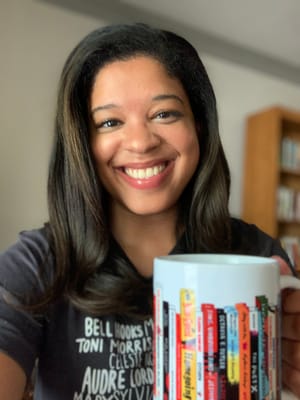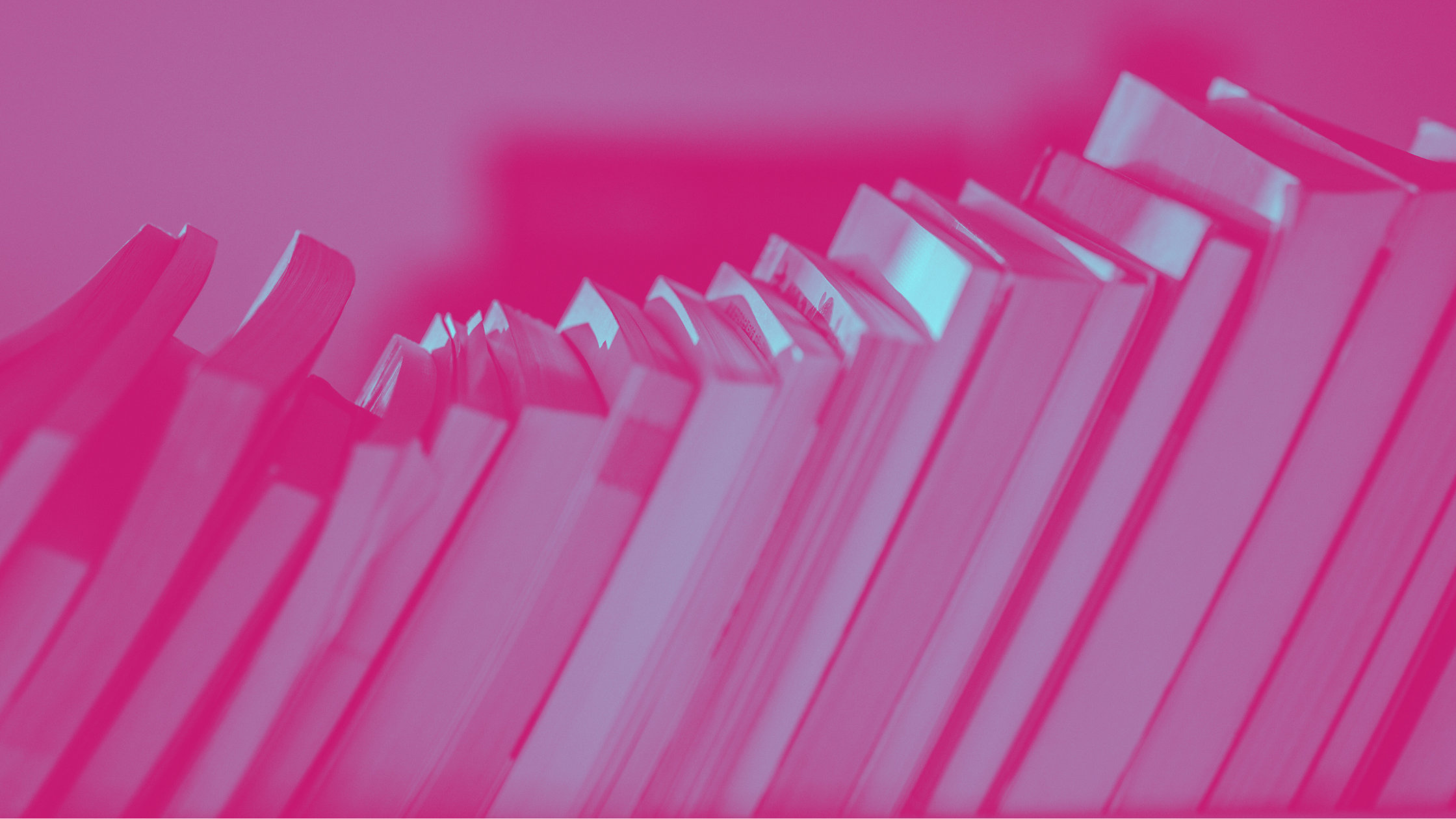Hello, and happy New Year's Eve! I plum refused to put this post out until I'd read every book I could possibly read. I left myself with what I thought would be a gargantuan task today: narrowing down my favorite books I read this year when I read more than I ever have. But it was actually pretty easy! The standouts were clear.
These ten were the most memorable, life-impacting, gorgeously written books I read in 2024 (in no particular order):
1. How to Say Babylon: A Memoir by Safiya Sinclair

Safiya Sinclair's memoir, How to Say Babylon, was one of the first books I read in 2024, and it has stuck with me. It's about growing up in Jamaica under her strict Rastafarian father's thumb and how she came into her own despite his abuse and control. Her writing style is stunning (no surprise there—she's a poet), and she wrote about some of the most volatile times in her life with an impressive amount of candor, nuance, and grace.
To know me is to know that I love a good memoir, and How to Say Babylon is easily one of the best I've ever read. Read my full review here (which Kiese Laymon recently shared on his Instagram story and had me fangirling a bit!).

2. Field Notes for the Wildnerness: Practices for an Evolving Faith by Sarah Bessey

I mentioned this one (and many that ended up on this favorites list) in my Q1 Book Report post, but Field Notes for the Wildnerness was a standout star. It was a huge blessing to me this year as I navigated transitions and a faith that, while more deeply informed and happily fought for, looks different than I ever thought it would.
This is not a book of answers for those with questions about God and the Christian faith, but a book for those on a journey—the curious, the rediscovering, the reconstructing, the reconsidering—that offers comfort, hope, belonging, acceptance, exhortation, and encouragement. I don't like ranking favorites, but if I have a #1 this year, it's this one. Read my full review here.

3. God Help the Child by Toni Morrison

I'm still on the quest I started in 2019 to read all of Toni Morrison's work, and reading God Help the Child this year means I've read all of her fiction. It tells the story of a dark-skinned woman called Bride who, after being starved for love by her light-skinned mother as a child, grows up to become a woman whose life and decisions show "what you do to children matters. And they might never forget." The book's structure and prose are both excellent, and I found it gripping from the first page.
4. Black Liturgies: Prayers, Poems, and Meditations for Staying Human by Cole Arthur Riley

Ah, yes—another book by a Christian author who understands nuance, respects the faith journey and its many forms, and doesn't want to become a "mindless zombie" (girl, same).
Black Liturgies certainly got a lot of love on the book circuit this year, and I believe it deserves every bit of it. Riley's prayers, devotions, and other prose are deeply thoughtful, piercing, accessible, and moving. Read my full review here (because this one is especially hard to summarize).

5. Before You Suffocate Your Own Fool Self by Danielle Evans

I know many people struggle with short stories, but Before You Suffocate Your Own Fool Self is a shining example of how great they can be. It's got to be hard to write a complex, engaging work of fiction with the limitations of the short story form, but these gracefully covered themes like the naivety of girlhood, toxicity within families, virginity and discovering sexuality, coming-of-age struggles, PTSD after military service, and more. I can't wait to read more from Danielle Evans. She's sharp!

6. Fighting for Our Friendships: The Science and Art of Conflict and Connection in Women's Relationships by Danielle Bayard Jackson

I mentioned Fighting for Our Friendships in my very recent nonfiction book recommendations post and asked you to act surprised to see it here. This book is a practical and hugely helpful guide to navigating friendships (especially between women). It dives into different friendship challenges, how to deal with certain types of friends, and even examples of what to say under specific circumstances.
I'll be recommending this book far and wide. It applies well to anyone who wants to maintain healthy friendships and needs help navigating how complex these relationships can be.
7. Parable of the Sower by Octavia E. Butler

Parable of the Sower is a dystopian novel set in an imagined future 2024-2027, but Butler's predictions for what this time would look like are terrifyingly accurate (even predicting a leader who uses the slogan, “Make America Great Again”).
I don't read many dystopian or sci-fi books, but reading this one showed me that I should. This was a powerful and engrossing read, and Butler was a genius. Read my full review here.
8. Giovanni's Room by James Baldwin

Balwin wrote some very fine literature, and I'm never not impressed when I read anything by him.
In Giovanni's Room, David is a young man living in Paris in the 1950s. While his (female) fiancée is in Spain trying to figure out whether she wants to get married, he falls for Giovanni, a vivacious but troubled barman from Italy. David ultimately has to decide whether to marry his fiancée and move back to America, thereby ignoring the realizations he's made about himself, or stay in Paris with Giovanni.
The writing, pacing, and poignant depictions of inner turmoil in Giovanni's Room are simply perfect. Read my full review here.

9. woke up no light: poems by Leila Mottley

Leila Mottley's debut novel, Nightcrawling, was on my top books of 2022 list (which sadly never made it to this blog). I was excited to see what she could do with poetry, and wow—she shined. The poems in woke up no light, which address Black girlhood and womanhood from various angles, are excellent.
10. Even If He Doesn't: What We Believe About God When Life Doesn't Make Sense by Kristen LaValley

I had to include this bold and honest book on this list. Even If He Doesn't is essentially a theology of suffering in the life of a believer. It was such a breath of fresh air to read a book that addresses crisis with humility and grace and without slapping a "spiritual band-aid" on it. LaValley offers raw, convicting words about how crises reveal our true beliefs about God's character and sovereignty and how our faith often shapeshifts and gets misaligned in the face of tragedy.
As I've previously said about this book, I long ago grew tired of the fluff in the "Christian Living" genre, but this is easily one of the most well-written pieces of Christian nonfiction I've read in a long time (from a traditional publisher, at least).

That's a wrap on this reading year! I experienced a lot of healing and gained so much practical wisdom through books this year—even more so than usual—and for that, I'm grateful.
Check out this year's honorable mention books here.
If you want to see more of what I'm reading in real-time throughout the year, the best places to find me are on Bookstagram and StoryGraph.



Member discussion